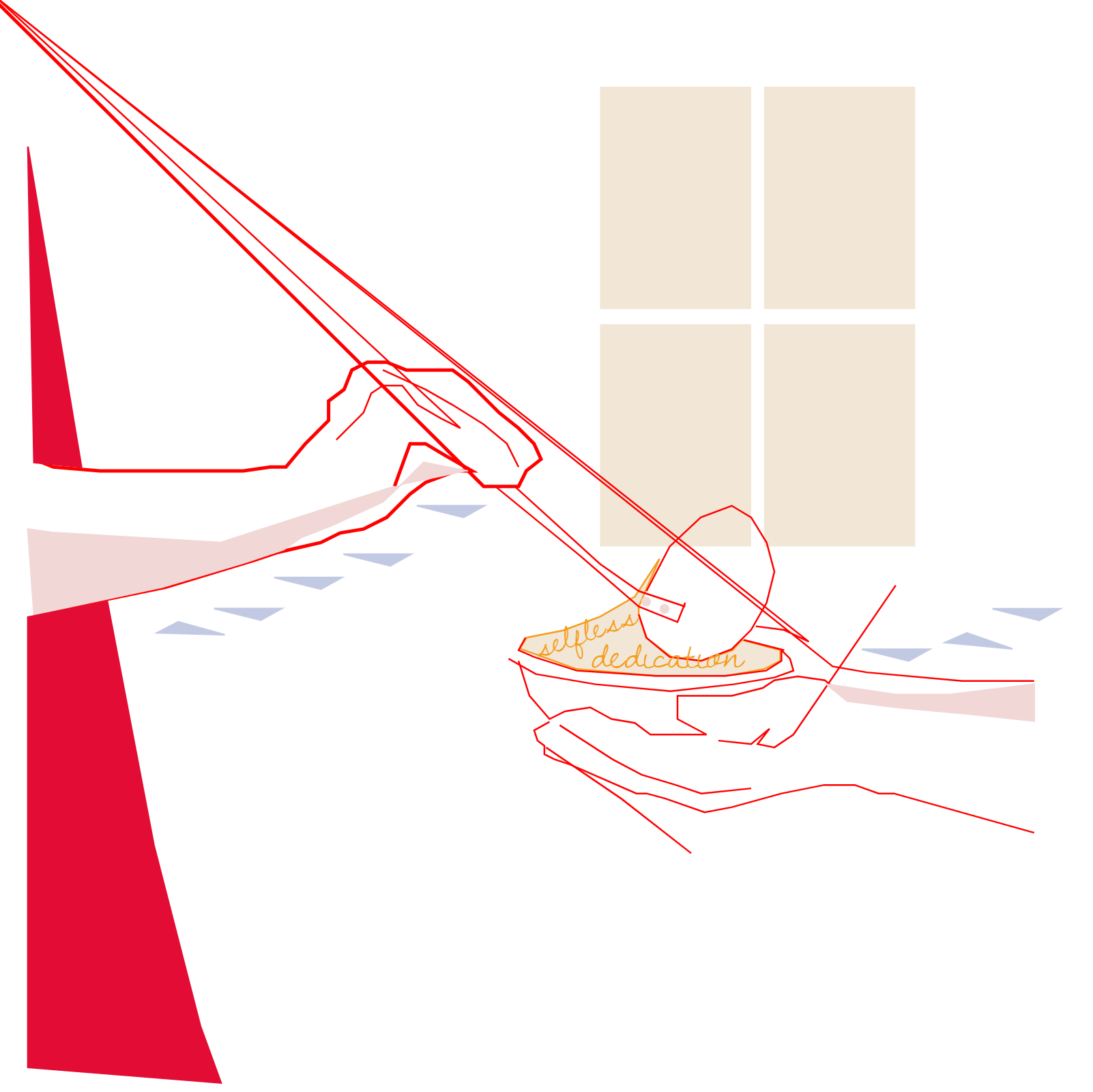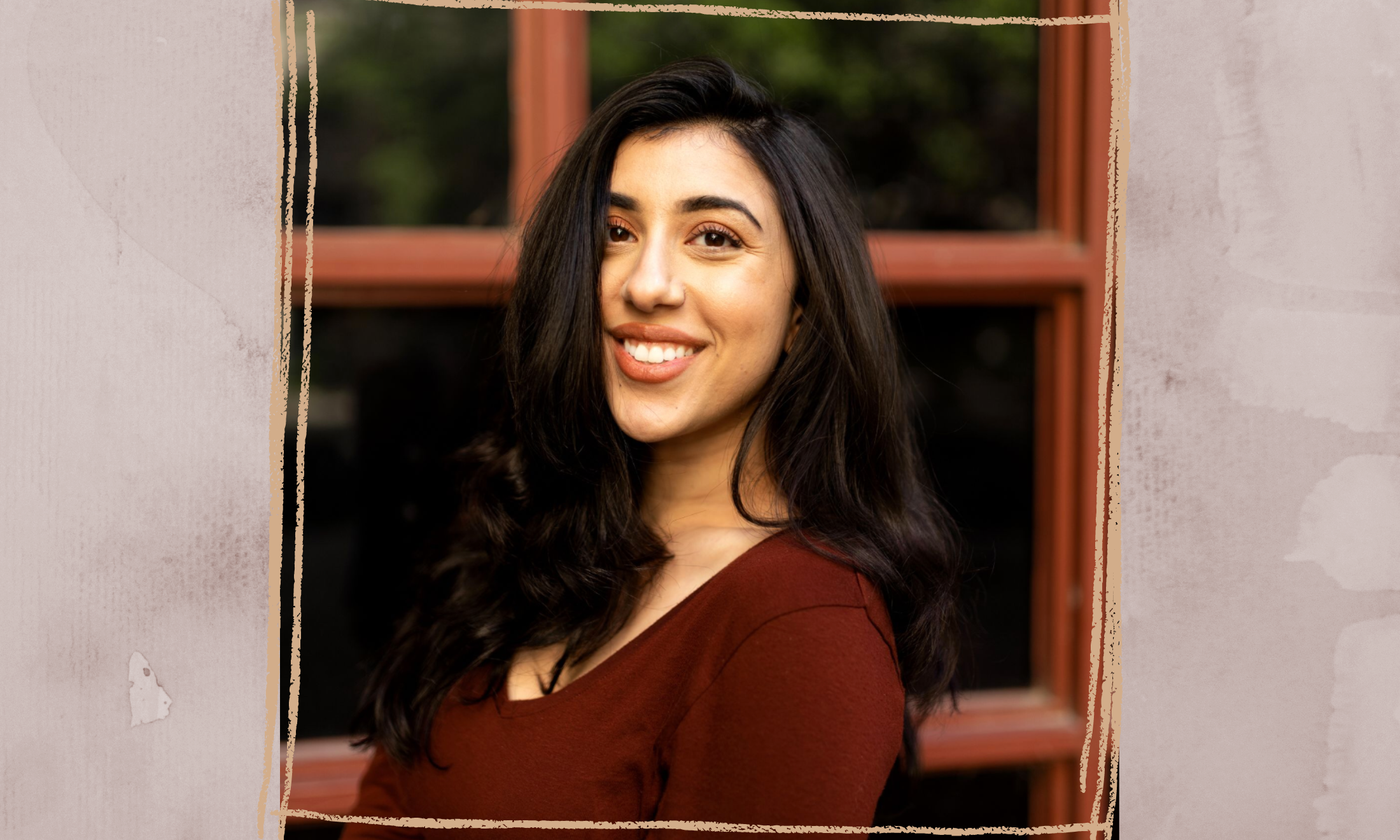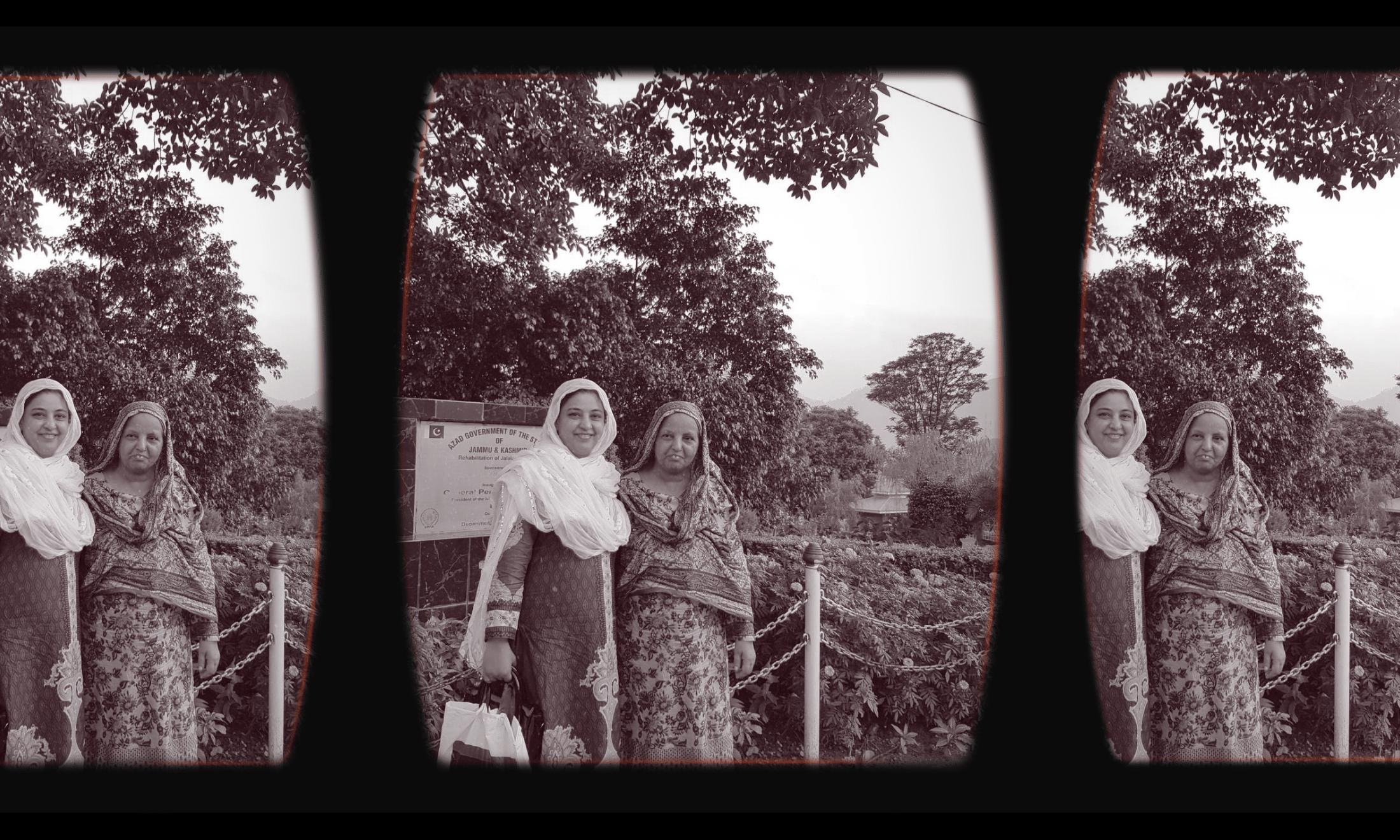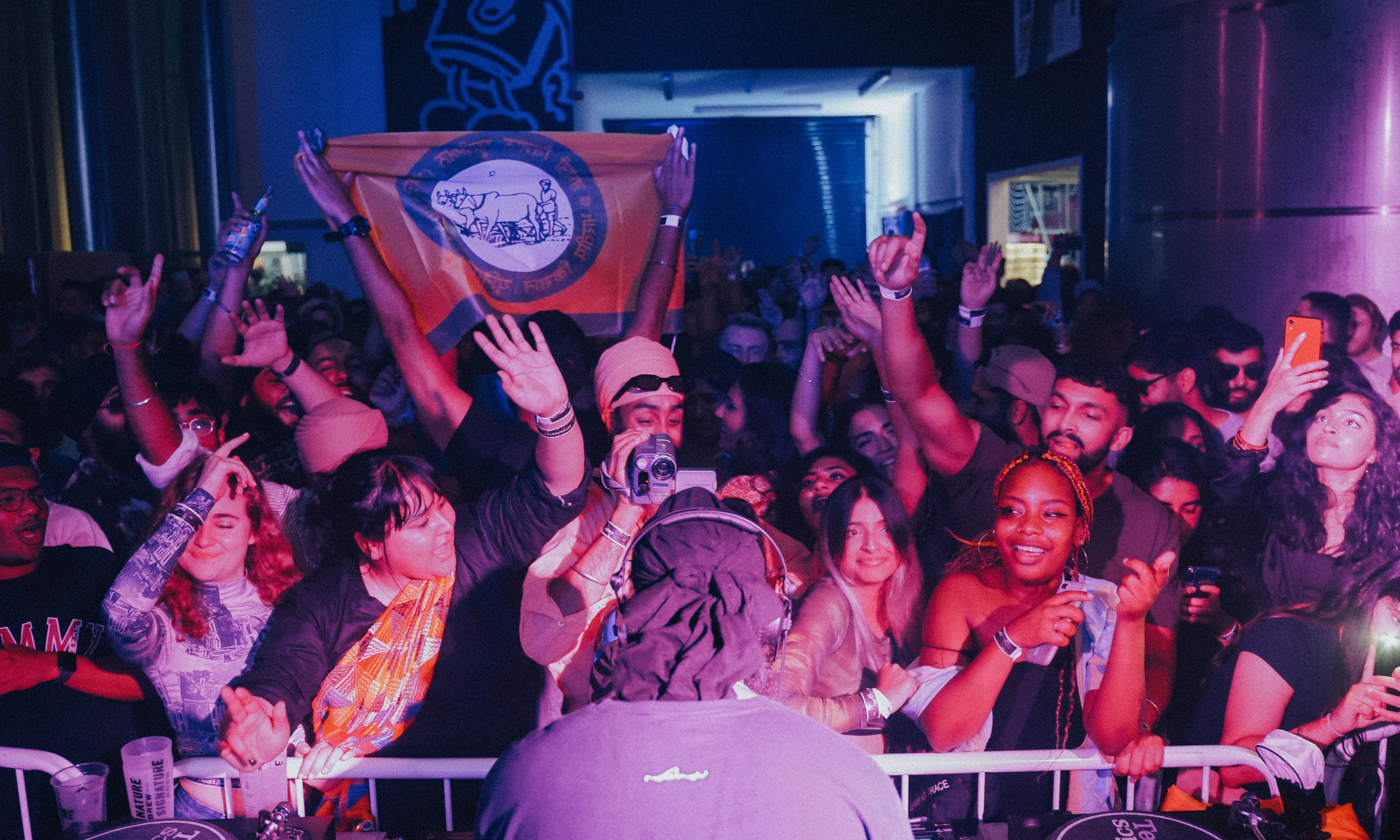
After 60 years of marriage spanning three different continents, I don’t think it is cliché to state that my grandparents have experienced it all. It is a bitter-cold Friday afternoon and we are sat around my grandparents dining table preparing to feast upon the various Indian delicacies my dadhi (grandmother) has spent the best part of her morning preparing for us all. She is in her 70s, but for my grandfather the expectation that she remains the sole provider of his daily meals holds strong. Like in many South Asian families, this deep rooted relationship of co-dependency is a widely accepted one.
This personal account is not a means to bash all men – my grandad would move mountains for her, without question. I want to stress that their way of living in no way negates his lifelong commitment to her. In actual fact, they are the best couple I know. I have learnt that it is not a question of right and wrong. But I cannot help but wryly witness the normalcy of their co-dependant routine.
Anyway, back to that wintry lunch. I help my dadhi lay the table and the male members of the family sit down to eat. Traditionally, in South Asian culture, it is the norm to eat with your hands. I have memories of being laughed at by my cousins for being “too white” as I was the only one who struggled to pick up a mouthful of grains with nothing but my bare fingers (still to this day I haven’t quite managed it).
One close relative shares my lack-of-cutlery related difficulties and he asks my dadhi for a spoon. Despite her crippling arthritis and worsening breathlessness she is quick to respond to his request. She ensures they receive the best pieces of meat and simply cannot rest until she is confident they have ample amounts of food on their plates.
Once the main meal is complete, dessert and tea will be ready and served in the living room. A small part of me wonders whether this is how royalty are treated. It is at this point the women sit down to eat what is left of our male relatives’ remains, looking forward to cleaning up after both ourselves and our fathers/uncles/brothers.
***
This raises me to question how a man is ever to become a self-sufficient human being if he has spent the early part of his life as his “mother’s son” and then spends the remainder as his “wife’s husband”. Is he at a loss without a woman by his side? It is easy to understand how this stereotype has been reinforced through generations.
“…it tortures my soul to write that she will not be remembered for the struggles she overcame to provide for her sons, nor the fact that she uprooted her entire existence to make certain we had the best possible chance at life”
And for those of you thinking this cycle has been adopted as a result of a lifetime of housewife-ly behaviour, I am happy to inform you that this could not be further from the truth. Soon after leaving Africa, both of my grandmothers dedicated large portions of their lives to British factory work – like so many others in their situation. Here they quickly learnt English as well as established lifelong friendships in an environment far from familiar to them.
Irony aside I’m going to let you in on the sad reality of the situation. There is no doubt in my mind that this is what my grandma will be remembered for as part of our wider community. Every Eid she will make absolutely certain that our town wakes up to her sweet delicacies. Even if this means staying up into the early hours of the morning to ensure that every treat is the perfect size and texture, and tastes better than it did the previous year. But it tortures my soul to write that she will not be remembered for the struggles she overcame to provide for her sons, nor the fact that she uprooted her entire existence to make certain we had the best possible chance at life.
My grandfather, on the other hand, will be remembered for his dedication to our local mosque and the years he spent policing, caretaking and raising money for his local community. Yes, he too uprooted his life, and even now as adults he cannot help but spoil us all on a daily basis. But this is shown by equal measure.
It is their love, so intense and uncompromising that will not concede. Surely this level of shared determination and mutual drive is the very epitome of co-dependency! I can only hope it is my dadhi’s unique sense of honesty and their united selflessness that will be talked about for generations to come.
***
I have seen first-hand how there is more to what meets even the keenest of eyes. Whilst emotional barriers remain, I am thankful that I am able to openly challenge my frustrations. Where I once saw co-dependency as a lack of individualism it now shapes my decision making, as part of a generation I believe to be more self-aware.
“Realising it is okay to fall somewhere in the grey and accepting this as new normal will make way for a higher intelligence”
So forget about the homeland of your parents for a second, or what genitalia you have down below. Instead take a little more time to claw beneath the surface of every current and future relationship you choose to maintain. I have discovered that I am not as together as I once thought and thinking now about my existing family and friends, I can only truthfully name a handful of my own relationships that are this honest.
The label “second-generation” is often associated with duplex identities, and for women, this can be far from black and white. Realising it is okay to fall somewhere in the grey and accepting this as new normal will make way for a higher intelligence.
The dynamics of co-dependency are not set in stone. I know now that conventional standards for my grandparents are not normal for my parents and certainly will not be normal for me and my future spouse. The fact is, cultural lineage is being blurred and ethnic stereotypes will soon be a thing for the history books.









